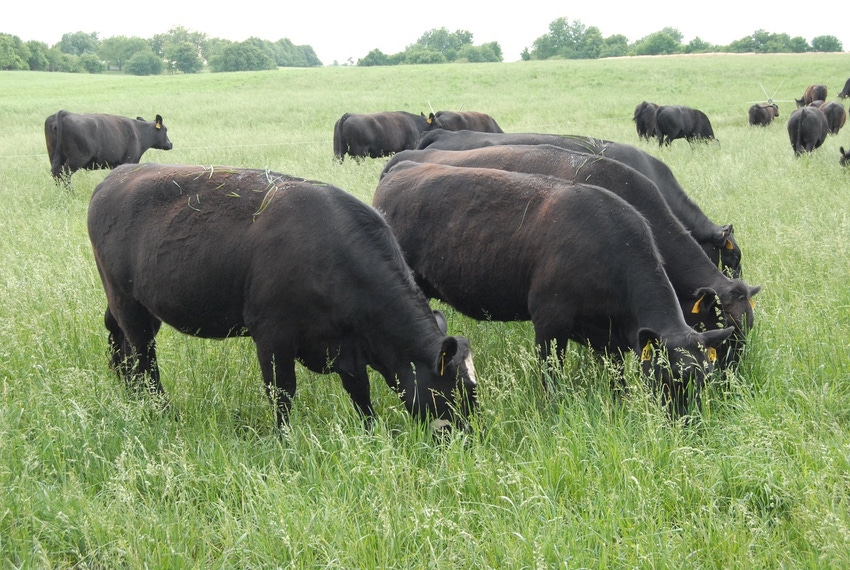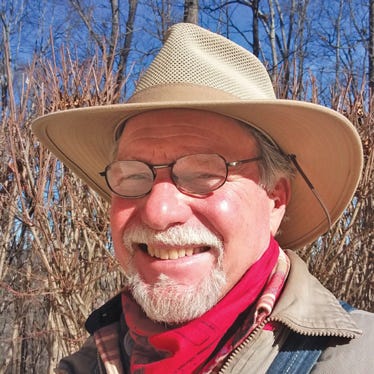
My friend Ray Banister of Wibaux, Montana, has accused me more than once of being in bed with the “tree huggers,” who he says are mostly interested in stealing the water and cattle from western ranchers. I’m not sure where he came up with the idea but I told him that Roger Miller recorded a song back in 1969 that described the way I sometimes feel. The song was about an ol' boy that city people made fun of because of the way he walked, talked and smiled. Trouble was the country folks called him citified. Fighting men called him a coward cause he never pushed no one around. Gentle people called him trouble-maker cause he’d always stand his ground. Whatever happened to the average man?
Now I don’t think that I should be considered a tree hugger. I am in favor of cattle everywhere and water that is conserved and used for something useful -- not golf greens. Just because I once lead a pasture walk at a mostly veggie event that included a crowd of homesteaders who did not eat meat does not prove Banister's point. There were cattle in the pasture and a handful of participants. It was a good learning experience for those people.
We have got to throw mud against the wall in order to get any to stick.
Late this afternoon I pulled in to get my weekly jug of fresh raw Jersey milk out of my friend David’s tank. David is a 40-something year client and friend and was selling out his milking herd in November 2018. He has something like 400 acres to figure out what to do with profitability now that the dairy is leaving.
His 30-year-old daughter and partner, Sarah bounced over to my truck window as I pulled in. She has been breeding and showing high-end American Jerseys and big, long, thick beef cattle for 25 years. She was the American Jersey Queen a dozen or so years back. She loves breeding cows and steering wheels. She worked in my practice several years back and we spent several hours on my dimes arguing over big cattle, equipment, and the industrial model. I don’t know that she ever called me stupid but I could feel her thoughts in the air.
Sarah plopped down and faced me with this question, "What are you going to recommend to get this outfit profitable? We are going broke.”
I really was not expecting such a question and was nearly blown away. I muttered something to the tune of making a 180-degree turn of the entire operation that would have to be preceded by and happen between everyone’s ears. She emphatically said they had to start grazing year-around.
I agreed and told Sarah that the iron and the semen tank and the rest of the stuff will need to leave, including those big pretty cows. I thought she would walk off or slap me. She didn’t.
David walked up and said he had just found Doc Hazard’s book that I had given him 12 years back. He said that he had read it for the first time this past week. I told Sarah she needed the same read and I would bring them a copy of Walt Davis's book “How Not to Go Broke Ranching.” She smiled and David smiled and I smiled and got out of the truck and walked to the milk barn.
While getting my milk I was thinking about how different everything might be if they had adopted natural principles with emphasis on the soil, plant, animal complex 25 years ago when they “played around” with some strip grazing for several months. They had good success but the market went up and they decided to buy some more equipment, add more confinement, and stop playing with electric string. Their milk is no longer profitable, the equipment is mostly worn out, and the soil is about like it was. Money is in short supply but there is hope for all of us.
About the Author(s)
You May Also Like






